Historian Dr Anna Whitelock has come out with something of an outrageous claim – that the Monarchy could be on its last legs by 2030, when The Queen is no longer on the throne.
Whitelock, who is a reader in early modern history at Royal Holloway in London, said support for the Monarchy was linked to The Queen, and not the institution itself, and that with Charles as King, the people may start asking questions…

“All of those questions about ‘What the hell do we want this kind of unelected family (for)? What does that represent in Britain today?’, all these profound questions have been held in check because of The Queen,” she said.
Her comments came in a piece in the Independent yesterday, questioning the future of the Royal Family when Prince Charles accedes the throne.
“I think there’ll be a discussion and a debate in a way that there hasn’t before [when Charles becomes King]. I don’t think it’s out of the question that the Monarchy would be potentially be on its last legs,” the doctor explained.
“As the older generation, who are generally more wedded to the Monarchy die out, the question of the future of the Monarchy will become even more pressing, and then potentially more critical voices will come to the fore.”

“I would say by 2030 there will be definite louder clamours for the eradication of the Monarchy. I can’t say that there won’t be a Monarchy. I would definitely say that the Monarchy – its purpose, what it’s about, will be questioned and challenged in a way that it hasn’t been before,” commented the historian.
“Whether you are a monarchist or not, and even fervent republicans, I think, no one is saying whilst The Queen is alive the monarchy should be abolished.”
“Everybody, given her constancy and given her selflessness, thinks she’s a pretty amazing woman, regardless of where you stand on the Monarchy debate,” she praised The Queen for her work.
“After that, I think it’s going to be a free-for-all.”
Naturally, the team here at The Crown Chronicles were surprised by these claims, and want to set the record straight: the British Monarchy will still be here at the end of the 21st century. And it will no doubt continue long after that.
Why? It’s simple. The Monarchy is part of British culture, and runs through every British citizen’s veins; it is British history, linking the past with the present; it is the stability which keeps us together in times of uncertainty, giving us chance to celebrate at the high points – and especially the lows.
And we needn’t talk about the financial cost of our Royal Family being value for Money – but if you really want to see that figures for yourself, read our article on Royal finance – the true cost of Monarchy).

No one wants to walk past Buckingham Palace to know it’s empty; no longer used for glittering tiara banquets, no Prime Ministerial meetings each Wednesday evening, or guard changing ceremonies to look forward to; nor do they want an elected Head of State – who would be in no way apolitical – to represent them and the nation. While I am not saying Royals are infallible, they have a certain expectation to live up to for the people, in which they are brought up, and 99% of the time, they fulfil those expectations.
Popularity for the Constitutional Monarchy in the UK has generally averaged about 70% of people in support of the Royal Family and their work; meanwhile republican support has only ever reached 20% – and this was at the low point of 1997, after Diana’s death.
YouGov have shown that 69% of people thing Monarchy is good for Britain, with 71% of those aged 60+ thinking this, but also 61% of 18-24 year olds agreeing too. 62% of those asked in 2015 believe Britain will still have a monarch in 100 years’ time, and 57% said in 2012 that they were proud of our Royal Family. A further 73% wanted to keep the Monarchy, and 71% of Brits say they feel strongly about this. Just 18% wanting an elected Head of State. No future for the Monarchy? On its last legs in 14 years? I don’t think so!
Whitelock suggests that these polls would change when The Prince of Wales becomes King Charles III; let’s be honest, Charles was never the most popular member of the Royal Family, and his messy divorce and self-confessed affair did nothing to help his image. But despite this, he is recognised as a leader who truy cares about his people. His ‘Black Spider Memos’ do not show an interfering Prince hungry for power, but a man genuinely concerned about soldiers and their equipment in Afghanistan, and the national historical importance of buildings which lie derelict: these views are largely reflective of public opinion.

This is demonstrated in Charles’ comments made about Russia’s president Putin in 2014; the Prince compared the leader to Hitler after Russia annexed Ukraine, sending troops into the country. 53% agreed with his comparison and 51% say his comments were appropriate. 65% of Brits say his comments on public issues are acceptable, showing they appreciate Charles voicing his opinions as an influential figure.
Another YouGov survey showed 42% of people said they wanted Her Majesty to let Charles take the throne and for her to retire in 2014. The same poll also reveals that 53% want The Prince of Wales to take the throne next, compared to the 38% who were on his side in 2011. Half of those questioned in 2013 also thought Charles would make a good King. The British actually want to see Charles as King – surprising for a not-very-popular Royal, whose reign could topple the Monarchy, isn’t it?
Camilla has also been rising up the rank of popularity since her marriage to Charles almost 11 years ago: her tackling of sensitive issues such as rape, its victims and adult literacy has shown her to be a compassionate Duchess, not afraid to get her hands dirty. Another questionnaire showed just 17% of Brits were happy for Camilla to become Queen in 2014. Forward to today, and the majority of the British (53%) say Camilla should be Queen Consort, no doubt having noticed her work and how happy she makes Prince Charles.

As mentioned, the Royal Family give us cause to celebrate in hard times, as well as in good. After the Diamond Jubilee river pageant, 33% of people said they felt more proud to be British because of the fabulous celebrations. While some could say this is in line with Whitelock’s comments as it celebrated The Queen, it shows that we love to celebrate the Royals and their role in our society: why else would we turn up in our thousands to stand along the Thames in the rain and watch the Royal flotilla procession?
The Royal Wedding of 2011 is another example; the bank holiday saw street parties and communities come together to celebrate the marriage of The Duke and Duchess of Cambridge, our future King and Queen. There were some grumblings about how much the bank holiday cost the country, but the celebratory purchases of food, drink, party decorations and tourism into London easily covered that, and then some.
In response to being interested in the Royal Family, the young outnumbered the middle-aged: the majority (51%) of 18-24 year olds were taking an interest in the impending birth of Prince George in 2013, and thus the future of the British Monarchy, assuring us that there will still be a Royal Family in a few decades’ time.

The popularity of the younger Royals is also unwaning: William, Catherine and Harry always cause the most excitement in terms of attracting crowds at engagements.
The ‘Kate effect’ is still also sweeping the high street when the Duchess appears in an item still available. And the draw of Diana’s two sons will not fade, I suspect, particularly as they are so keen to keep their mother’s memory alive, such as the proposed flower garden at Kensington Palace, or the comments Prince Harry made about making the late Princess of Wales proud recently.
With our next three Kings lined up and learning on the job, it is a certainty that the British Monarchy will be around for centuries to come. And to that, we say GOD SAVE THE QUEEN!

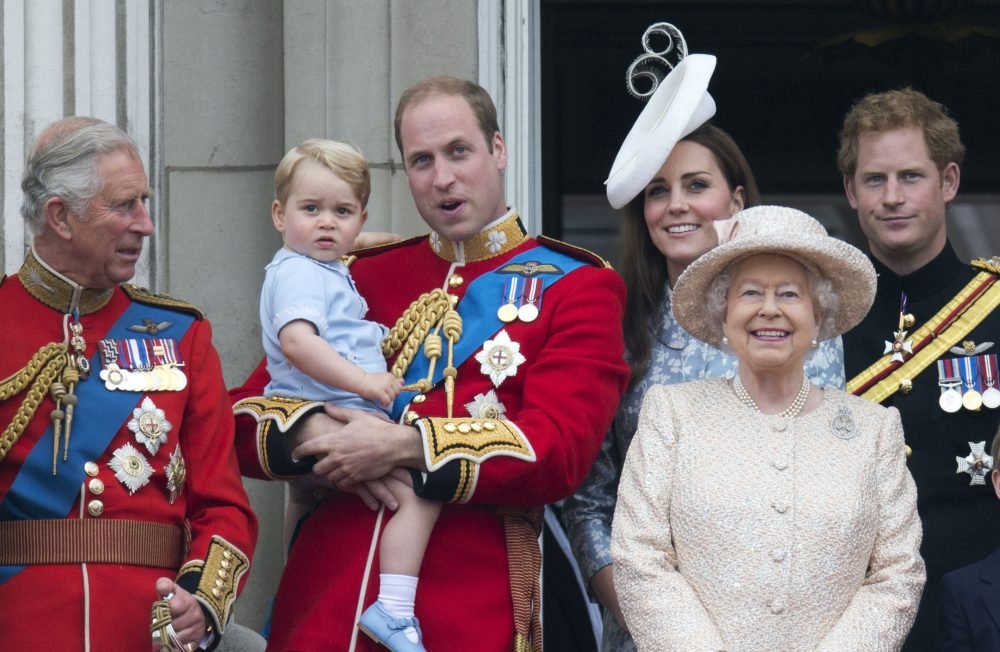
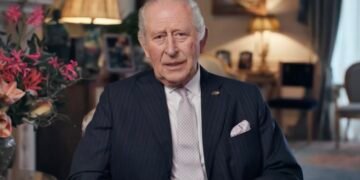
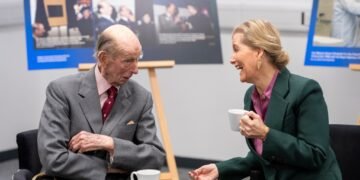

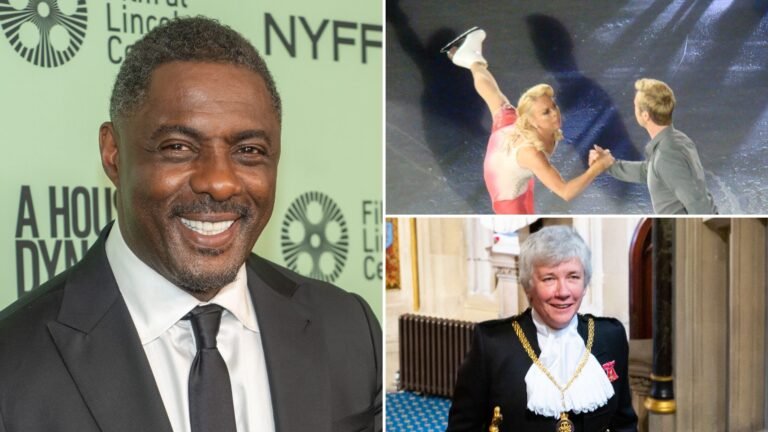

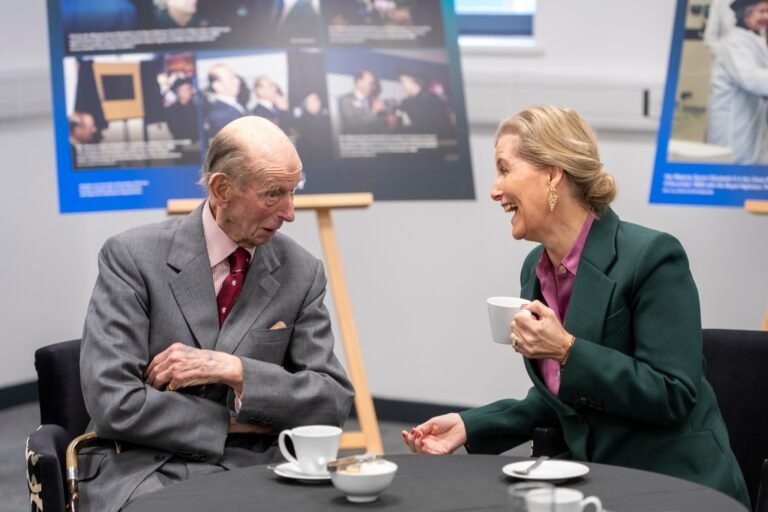
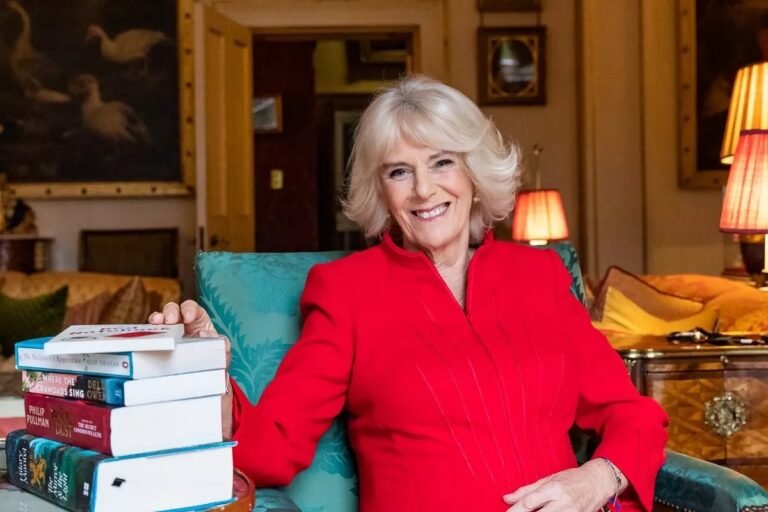
In your next-to-last paragraph, you refer to the late Diana as “the Princess of Wales.” Technically, that is not correct, just as Sarah Ferguson is not “the” Duchess of York. Diana was, at her death and since her divorce, styled as “Diana, Princess of Wales.” The “the” is an important distinction, as Sarah Ferguson is properly styled as “Sarah, Duchess of York.” Should the Duke of York remarry some person other than Sarah, that lady would be styled as “the” Duchess of York. A minor distinction, to be sure, but one worth noting. A final note: the current Princess of Wales is, legally speaking, HRH Camilla, Duchess of Cornwall.
If I recall correctly, permission was given for the marriage of Charles and Camilla on the condition that she forfeit the titles of Princess and Queen.
Hi Jayne
This is incorrect: a statement was made that Camilla would not use the title of Princess of Wales out of respect for Diana (it was only 8 years after her death) and they also said Camilla would take title of Princess Consort instead of Queen. However, legally, speaking, this is not allowed in British law for due to morganatic marriage not existing. We are also sure that Prince Charles wants his wife by his side as Queen and that the public have warmed to ehr sufficiently. VH